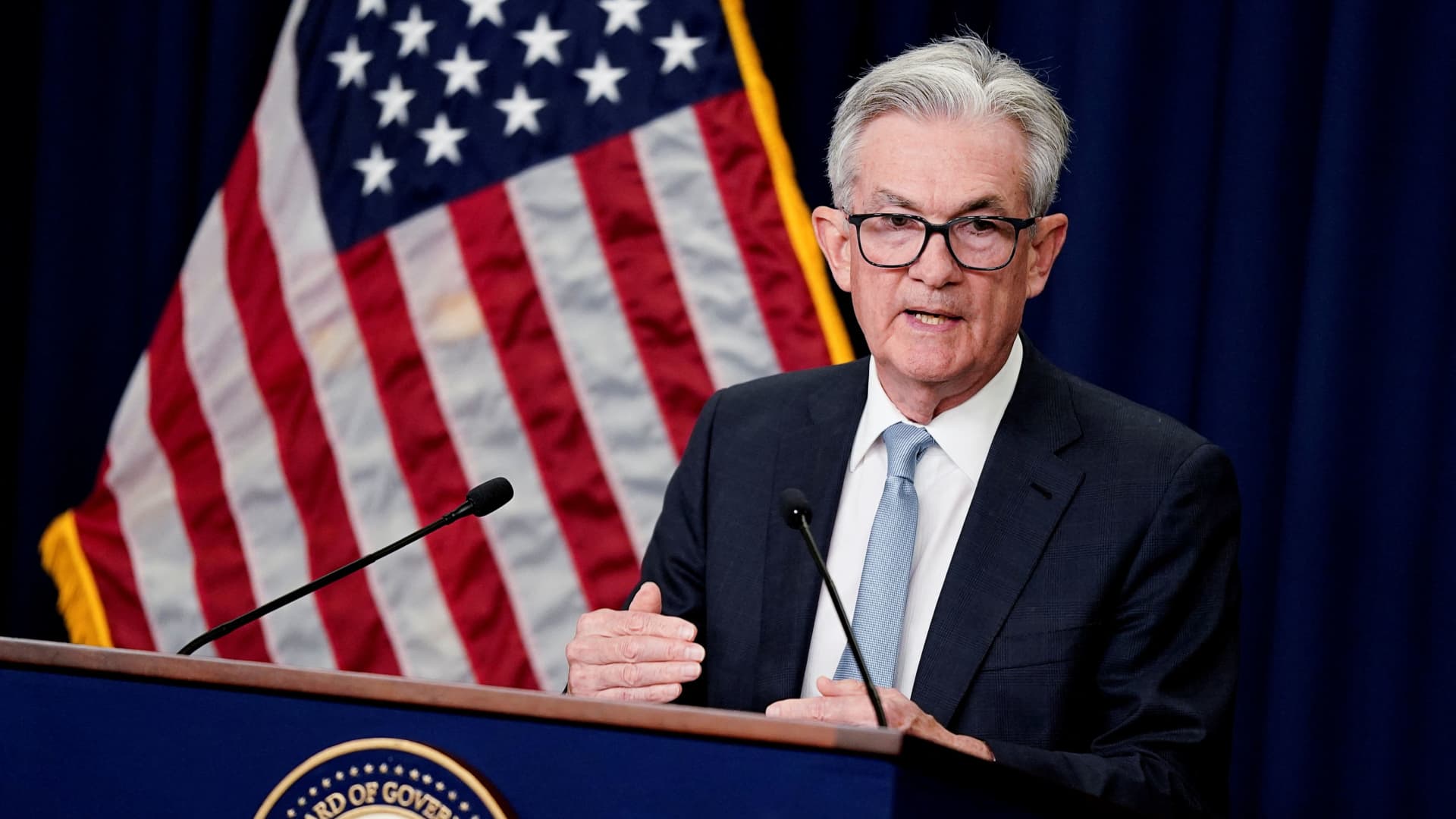US Markets
Tuesday, May 14th, 2024 2:10 pm EDT
Key Points
- GameStop shares surged 62% on Tuesday, continuing a meme stock rally initiated by “Roaring Kitty” (Keith Gill) after his first online post in three years. This rally also saw AMC shares soar 90%, BlackBerry rise 17%, and Koss increase by 40%.
- Keith Gill’s social media activity, including a popular meme post and subsequent unclear video posts, sparked renewed interest and bullish behavior among retail investors, despite GameStop’s poor recent earnings and job cuts reported in March.
- GameStop’s situation mirrors the 2021 meme stock frenzy, with short sellers incurring significant losses. Analytics firm Ortex Technologies reported GameStop short sellers lost $868 million by Monday’s close and an additional $1.04 billion early Tuesday, bringing total losses for May to over $2.3 billion. The high short interest and rapid price increase echo the events of January 2021, highlighting the dynamic market environment.
Shares of GameStop surged dramatically on Tuesday, continuing a meme stock rally sparked by “Roaring Kitty’s” first online post in three years. GameStop’s stock skyrocketed 62% before trading was paused, following a 74% increase on Monday. Similarly, AMC shares soared by 90%, despite the movie theater chain raising about $250 million in new equity capital during Monday’s volatile trading. Other meme stocks also experienced significant gains, with BlackBerry shares rising 17% and Koss up 40%.
The renewed interest in meme stocks appears to have been ignited by a social media post from “Roaring Kitty,” whose real name is Keith Gill. Gill posted an image on the X platform (formerly Twitter) of a video gamer sitting forward on a chair, a meme suggesting serious engagement in the game. This was Gill’s first post since 2021, and it quickly amassed over 23 million views. He followed up with several short video clips from popular TV shows and movies, though the significance of these clips was not immediately clear.
Neil Wilson, chief market analyst at Finalto, noted that retail investors seem to be regaining bullish sentiment and are more willing to take risks. However, Wilson pointed out that there was no fundamental reason for the surge in GameStop’s stock price, citing the company’s poor recent earnings report. In March, GameStop had announced job cuts to reduce costs and reported lower fourth-quarter revenue due to increased competition from e-commerce rivals.
The situation bears a striking resemblance to the 2021 meme stock saga led by Gill, also known as DeepF——Value on Reddit. Back then, Gill and a group of day traders bought shares and call options of GameStop, driving up its stock price to pressure hedge funds that were betting against the company. GameStop’s stock reached an all-time high of $120.75 in January 2021 but later plummeted as the meme stock craze waned. Recently, GameStop’s shares have been on a downward trend, hitting a three-year low of $9.95 last month before closing at $30.45 on Monday.
According to analytics firm Ortex Technologies, GameStop short sellers experienced losses of $868 million by the close of trading on Monday and $1.26 billion for the month of May. At $46 per share early Tuesday, Ortex estimated that short sellers had incurred an additional $1.04 billion in losses, bringing total losses for May to just over $2.3 billion. With GameStop’s short interest nearing 25% of the free float—the highest level since 2022—and the stock price increasing by 150% in less than two days, the current scenario closely mirrors the events of January 2021.
Ortex Technologies emphasized the importance of monitoring short interest levels, as these metrics indicate when short sellers begin to close their positions, potentially adding further buying pressure to the stock. Short selling involves borrowing shares at a certain price with the expectation that their market value will decline by the time they need to be returned, allowing investors to profit from the difference. The recent surge in GameStop’s stock price suggests that short sellers are facing substantial losses, similar to the previous meme stock rally led by retail investors.
For the full original article on CNBC, please click here: https://www.cnbc.com/2024/05/14/gamestop-amc-shares-jump-another-40percent-in-premarket-trading-as-meme-stock-craze-returns.html




